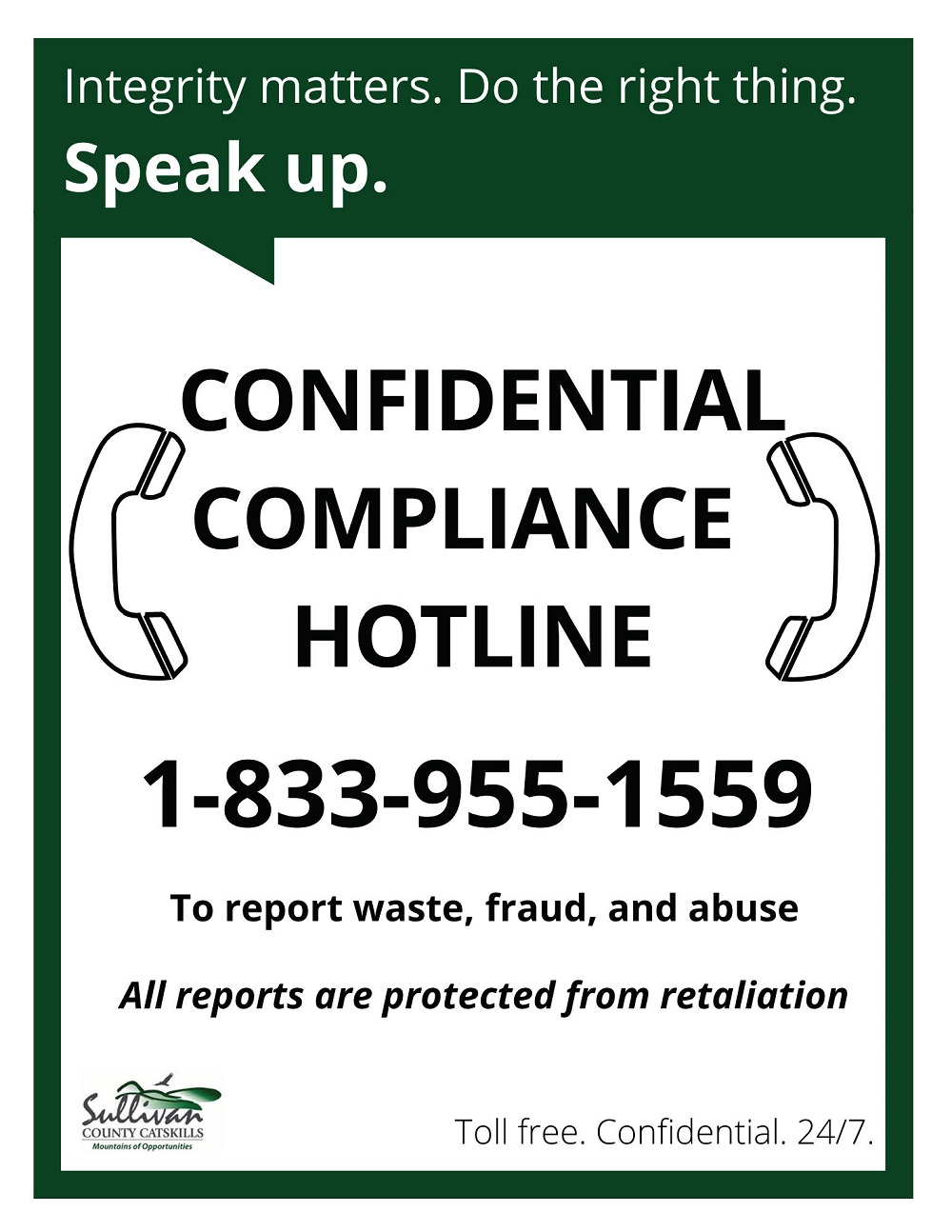Monticello, NY – Sullivan County Public Health Services would like to notify the public that a probable
case of pertussis (also known as whooping cough) has been identified this week in the Monticello School District.
Public Health staff has been working closely with the district and healthcare providers in the County to notify parents and to monitor and identify any additional suspected cases to ensure timely treatment and to prevent or control additional cases quickly.
“If you or your child has been around someone with pertussis, you may become sick with whooping cough,” cautioned Public Health Services Director Nancy McGraw. “This is especially true when you or your child has not received all the pertussis vaccine shots. Sometimes even if your shots are up to date, you may still be able to contract pertussis.”
Pertussis is also known as whooping cough because of the “whooping” sound that is made when gasping for air after a fit of coughing makes it hard to breathe. Coughing fits due to pertussis infection can last for up to 10 weeks or more. Pertussis is a highly contagious disease that is spread through the air by coughing. Pertussis begins with cold symptoms and a persistent cough, which becomes much worse over 1-2 weeks. Symptoms usually include a long series of coughs (“coughing fits”) followed by a whooping noise. However, older children, adults and very young infants may not develop the whoop. There is generally only a slight fever. People with pertussis may have a series of coughs followed by vomiting, turning blue, or difficulty catching breath. The cough is often worse at night, and cough medicines usually do not help alleviate the cough.
If you or your child has been diagnosed with pertussis, it is very important to complete the antibiotic regimen before returning to work, school or community functions, to reduce the spread of the disease to others. People who have or may have pertussis should stay away from young children and infants; all persons with pre-existing health conditions that may be exacerbated by a pertussis infection (for example, but not limited to immune-compromised persons and patients with moderate to severe medically treated asthma).
Fast Facts about pertussis: (CDC, 2015)
• Pertussis can cause serious illness in babies, children, teens, and adults and can even be life-threatening, especially in babies.
• Approximately half of babies less than 1 year old who get pertussis need treatment in the hospital.
• The most effective way to prevent pertussis is through vaccination with DTaP for babies and children and with Tdap for preteens, teens, and adults.
• Vaccination of pregnant women with Tdap is especially important to help protect babies.
• Vaccinated children and adults can become infected with and spread pertussis; however, disease is typically much less serious in vaccinated people.
• Pertussis is generally treated with antibiotics, which are used to control the symptoms and to prevent infected people from spreading the disease.
• In the past several years there has been an increase in reported cases among 7- through 10-year-olds. Similar trends occurred in the following years; however, an increase in cases was also observed among teens.
(Source: http://www.cdc.gov/pertussis/fast-facts.html)
Here are some tips to keep pertussis from spreading:
• Wash your hands with soap and water frequently
• Cover your coughs and sneezes
• Do not share cups or silverware
• Stay away from others until evaluated by a physician
Immunizations can be obtained through your healthcare provider or at Sullivan County Public Health Services, 50 Community Lane, Liberty, NY, (845) 292-5910.
If you or your child comes down with any of the above symptoms, including a cough, talk to your healthcare provider without delay. If your healthcare provider needs more information, they can call the Public Health Services at (845) 292-5910. An EPI nurse is on call and available 24/7.

